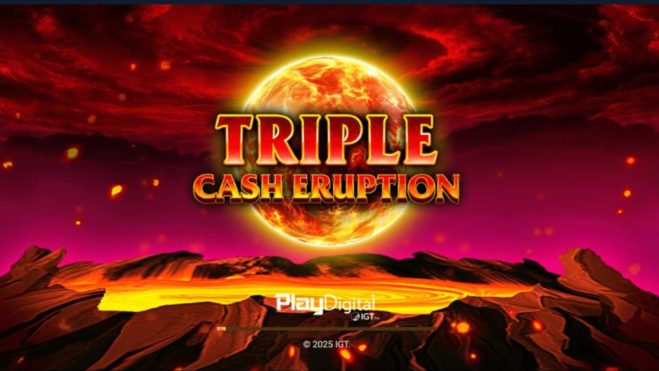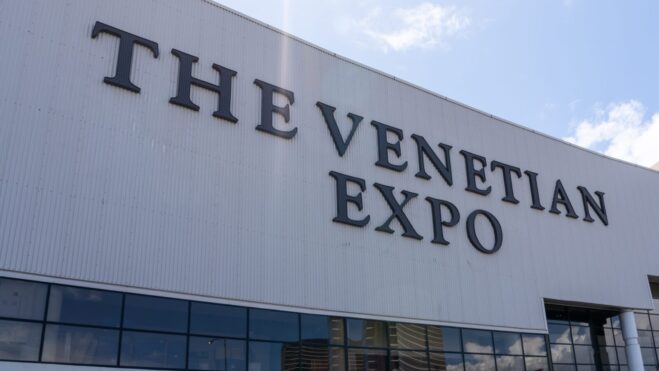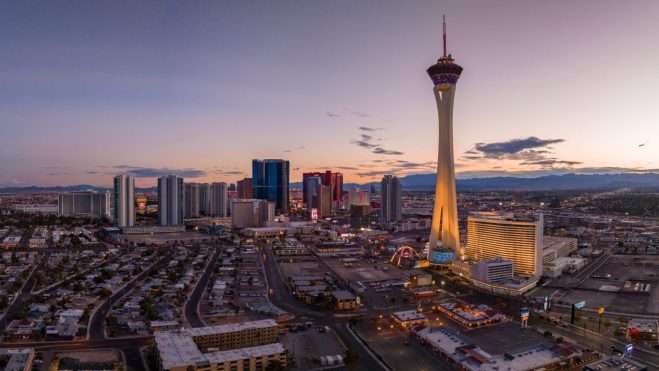Op-Ed: California’s Communities Deserve A Voice In The Future Of Gaming
In a guest column, the California Gaming Association president defends licensed cardrooms and calls for competition
3 min

Californians have long understood that the gaming industry serves the public good when operated responsibly. For decades, licensed cardrooms have been financial cornerstones of communities across California, providing economic stability via safe, regulated, lawful entertainment. These venues support thousands of jobs and generate millions in tax revenues that fund essential public services, including police, fire departments, parks, senior services, and libraries.
Despite this, tribal casinos have waged an aggressive campaign to eliminate cardrooms and other non-tribal gaming operators, and consolidate all California gaming under tribal control. In recent remarks, Victor Rocha, chairman of the Indian Gaming Tradeshow and Convention, went so far as to say that potential competition should be “smothered in the crib” to maintain tribal dominance. Such language is not only disturbing, it reflects a determined effort to eradicate competitors in the gaming space. Rocha has no legal basis to demand that “any new entry of gaming into California begins and ends with the tribes,” but does so. That misguided position undermines any good-faith effort to shape a gaming policy fair to all Californians.
Even more concerning than Mr. Rocha’s hubris are the lawsuits challenging the legality of cardroom gaming and burdening Sacramento courts and the ruinous regulations working their way through the Bureau of Gambling Control. Both tribe-promoted efforts aim to eliminate cardroom games that have been legally played in California for years, and clear the way for non-taxpaying tribal casinos to control all gaming in California. California cities and counties should be deeply concerned that tribal casinos are using the legal and regulatory systems from which they demand exemption to put an end to cardrooms’ support for host communities.
Take, for example, California Senate Bill 549. Late last year, the tribes convinced the California legislature to permit the tribes to use the California courts to sue their perceived cardroom competitors without losing their protection from suit by others under tribal sovereign immunity. On Jan. 2, the first day they could do so, the tribes filed suit against every cardroom in the state. Unlike tribal casinos, which are self-regulated through tribal councils, California’s cardrooms are subject to extensive state and local gaming and labor laws. Yet tribal casinos have the gall to argue that cardrooms are the ones needing court-imposed oversight.
Pitched by tribal lobbyists as a “once and for all” effort to clarify the legality of games offered by cardrooms, Senate Bill 549 ignores decades of court rulings and DOJ approvals and serves only to clog Sacramento courts. Although cardrooms’ highly-taxed, peer-to-peer games are demonstrably different (and more player-friendly) than the untaxed, house-banked games offered in tribal casinos, the tribes hope that their narrative that gaming is a “sovereign right” will find the traction previous courts have rejected and give them an untaxed monopoly on California gaming. This is not about sovereignty; it’s about market dominance at the expense of local California communities.
Tribal efforts to eliminate cardrooms are deeply personal to the 32,000-plus working Californians who rely on jobs tied to cardrooms and the under-served communities who rely on cardrooms for funding support. In the City of Hawaiian Gardens, over 70% of the city’s general fund comes from cardroom revenue. Cardroom tax contributions keep streets clean, parks maintained, and public safety departments staffed. The idea that tribal lobbyists and litigators could jeopardize this vital source of community funding is not only misguided — it’s dangerous.
While some tribal leaders claim that they are simply defending the rights of California tribes to recover from past transgressions, their actions tell a different story. By opposing the recognition of new tribes, challenging the gaming rights of others, and evicting long-time members from tribal rolls, existing tribal casinos seek to monopolize California gaming and concentrate wealth in the hands of the first movers. This approach blocks economic opportunity for other tribes and lawful, tax-paying businesses and undermines the broader principle of fair access for all Californians.
This is much bigger than the gaming industry — it’s about economic equity and protecting communities from devastation because a few now-wealthy tribes want to expand their untaxed riches at the expense of local taxpayers. Communities like Hawaiian Gardens, San Jose, Fresno, Inglewood, Commerce, Bell Gardens, and dozens of others stand to lose first responders, housing programs, senior centers, and other essential services. Allowing powerful, self-interested tribes to dismantle local economies under the guise of “clarifying” state law sets a dangerous precedent.
The best path forward isn’t kowtowing to bullies or legal warfare — it’s recognizing that California’s gaming market is big enough to support both tribal casinos and cardrooms, and that competition is healthy. Instead of enabling tribes to burden the state courts, lawmakers should focus on changes that keep California gaming dollars from leaving taxable jurisdictions. California voters have repeatedly rejected the notion of expanding untaxed tribal monopolies. Recognizing this, local communities have relied (and continue to rely) on responsible, regulated cardroom operations. That choice deserves to be honored — the tribal lawsuits and regulations should be rejected.
The opinions expressed in this op-ed are those of the author and the California Gaming Association, and do not necessarily reflect the views or position of Casino Reports.






